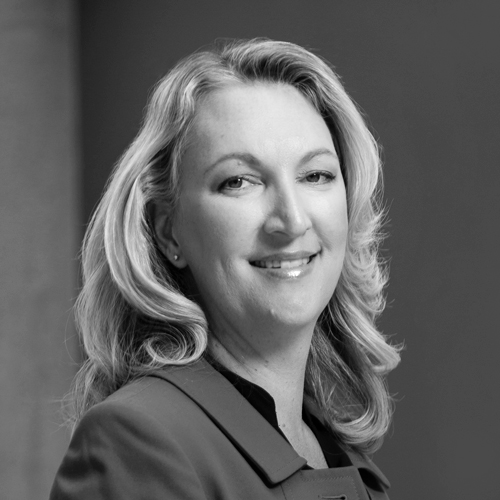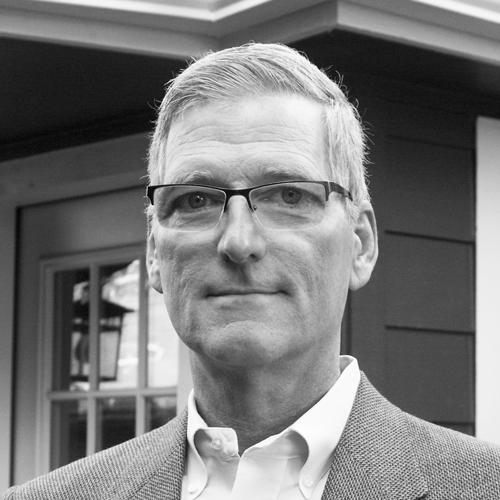There are currently five generations that makeup today’s US workforce—Generation Z, millennials, Generation X, baby boomers, and traditionalists. As a result, clear communication between generational gaps is one of the most challenging areas for any company.
When leading a group of people, particularly if members vary widely in age, it’s important to understand that opinions and perspective can differ, says Amy Morrissey, senior vice president and general counsel of FusionStorm, a provider of IT and remote support services solutions to a variety of industries. Millennials respond to leadership approaches differently than baby boomers, and so goes the same for other generations. To address differences between generational gaps, Morrissey conducts research to find out what motivates a company veteran as opposed to new hires.
“It doesn’t matter what’s important to me, but what’s important to them,” Morrissey says. “What motivates them?”
In addition to conducting those studies, Morrissey emphasizes the value in networking with other leaders who are facing similar dilemmas when it comes to bridging generational gaps—especially considering the importance of further strengthening FusionStorm’s already robust foundation and corporate culture. “I’m known as the process person at FusionStorm,” says Morrissey, noting that she has laid claim to thirty-one different processes initiated at the company.
Occasionally, implementing these processes can be difficult, as sales or engineering teams can be resistant if they find it difficult to learn the intricacies surrounding a specific project. To address these hurdles, Morrissey has two rules for successful processes: make the process simple, and then educate.
“Don’t be prescriptive,” she says, adding that using webinars, live telepresence, and live interactive training summits help teach new processes in a collaborative, present way—especially when it pertains to providing education for different generations.
Next, Morrissey says that a process is only as good as how you deal with its exceptions. “A good process has exceptions, but doesn’t let those exceptions be the rule,” she says.
As an eleven-year veteran of the venerated IT consulting firm, all of those efforts have further contributed to Morrissey’s tireless work ethic in helping to strengthen the company’s culture, including finding solutions to those generation gaps and forming cohesive teams.
Before working in corporate law, Morrissey initially wanted to become a trial attorney. Shortly after receiving her doctor of law degree from the New England School of Law, she earned her first preview of the corporate world as a legal assistant for Thomas H. Lee Company. “It was something I didn’t think I’d be interested in,” Morrissey recalls. However, she soon found that corporate law appealed to her, especially once she moved to the corporate division of Boston firm Nutter McClennen & Fish LLP. “It all came easy to me,” she continues. “I didn’t know corporate law was my passion.”
Still hoping to work as a trial lawyer, Morrissey worked as an assistant district attorney in Middlesex County, Massachusetts, for two years. She soon grew dissatisfied, though, with the way the system worked in appellate and trial law. Once she discovered FusionStorm, Morrissey says she was intrigued that it wasn’t a “lifestyle company,” where employees worked nine-to-five, then clocked out. “It’s a demanding job, and every day there’s a new challenge,” Morrissey says.
Morrissey also responded positively to the focus on customer service and risk tolerance that she found in the company’s culture from the beginning, but she saw room for improvement. One of the first aspects she noticed was the need to serve internal customers as well as external customers. FusionStorm’s corporate culture emphasized the traditional end-user above all else, but Morrissey saw the value in teaching the company to value the different departments internally just as much as customers. “We never thought of ourselves as internal customers,” Morrissey recalls.
Now, one of Morrissey’s major projects has been to find ways to form and organize cohesive teams within the corporate culture of FusionStorm. In shifting the company’s purview toward internal customers, each department has become customer service reps first and attorneys, operations, or IT workers second. “We were very siloed and stuck in our own department,” says Morrissey, adding that it made inter-department communication difficult.
To that end, Morrissey began developing cross-collaborative teams to help departments work together more cohesively, rather than prescriptively solving each other’s problems with externally crafted processes that are difficult to understand. “It’s not fair to send out a solution and train the internal customer on what we think the process should be,” Morrissey says. Instead, departments get input on the process and work collaboratively to serve their specific needs. “We don’t have to be friends with everybody, but you have to know them as people,” she continues. “You need to make them feel important and that their viewpoint is important.”
Because of her efforts, FusionStorm has developed a strong culture that is much more adaptable to new processes. Instead of treating process as a negative word, Morrissey’s work allowed the company to change its perception of process to a change that eases departmental strain and makes everyone’s jobs easier. “People are more accepting of the processes we’ve developed,” she says.
It’s a credit to her ability to change the perception of processes within the company. Whether that’s through creating more cohesive teams or addressing generational gaps, Morrissey continues to strengthen FusionStorm’s corporate culture every day.
Klein & Wilson congratulates Amy Morrissey on her well-deserved honors. Her dedication and thoughtfulness guided her company through difficult times to achieve great results. Often, general counsel do not get credit for the stellar results they achieve. It is great to see Amy get the recognition she earns every day.

